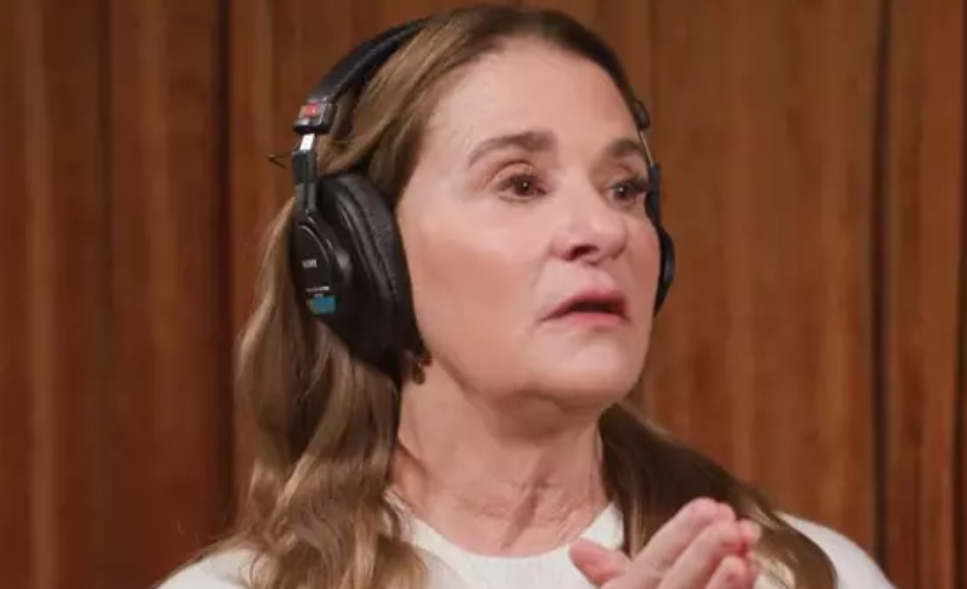It’s Confirmed! Japan’s Population Is 80 Years And Older

© Beth Macdonald
Japan, the home of beautiful cherry blossoms, yummy food, and respectful nature. Full of life, nature, and delicacies, Japan has made a name for itself as one of the most advanced countries in the world. However, with this advancement comes crisis as well. While Japan is in fact very economically advanced, it is facing another major issue. Japan’s population is getting old and one in 10 residents is aged 80! Here is what the government had to say.
The Reports of Japan’s Population
Japan is facing a significant demographic crisis, with more than 10% of its population now aged 80 or older, and 29.1% of the population being elderly (aged 65 and above), the highest rate globally. This aging population is causing concerns due to a declining birth rate and a shrinking workforce, which may strain pensions and healthcare funding as demand from the elderly increases. These statistics were released on Respect for the Aged Day, a public holiday in Japan.
The Age Decline in Japan’s Population
Japan’s population has been declining since the 1980s, with a low fertility rate of 1.3, well below the 2.1 needed for population stability without immigration. Deaths have exceeded births for over a decade, posing challenges for Japan, the world’s third-largest economy. Additionally, Japan has one of the highest life expectancies globally, contributing to the aging population.
To address labor shortages and boost the economy, the government has been encouraging seniors and stay-at-home mothers to rejoin the workforce over the past decade.
Did The Encouragement Work?
Japan has seen success in encouraging elderly workers to rejoin the workforce, with a record 9.12 million elderly workers and 13% of the national workforce now aged 65 and above. Japan boasts one of the highest elderly employment rates among major economies. However, despite these efforts, the demographic crisis’s social and economic impacts remain a significant concern. Prime Minister Fumio Kishida has warned that Japan is at the precipice of being unable to sustain essential social functions. He emphasized that government support for child-rearing is a top priority and that addressing this issue cannot be delayed any longer.
Why is Japan’s Population Reaching These Numbers?
Japan is facing this crisis due to three main reasons:
- Low Birth Rates: One of the primary reasons for Japan’s declining population is its consistently low birth rates. The fertility rate, which measures the average number of children a woman is expected to have during her lifetime, has remained well below the replacement level of 2.1 for many years. Factors contributing to low birth rates include high living costs, limited support for working parents, and changing societal norms that prioritize career over family.
- Aging Population: Japan has one of the highest life expectancies globally, leading to a significant proportion of its population being elderly. Longer life spans, coupled with low birth rates, have contributed to a rapidly aging society. This has placed additional strain on healthcare systems and pension programs.
- Economic Factors: Economic challenges, including job insecurity and high housing costs, can deter young couples from starting families. The desire for financial stability and career advancement often leads to delayed marriages and child-rearing.
Not the Only Country Facing This
Countries in the East Asian region, including China, South Korea, Singapore, and Taiwan, are also grappling with demographic challenges. They are facing difficulties in convincing young couples to have more children. And this is primarily due to increasing living costs and growing social discontent. These countries are witnessing declining birth rates and aging populations. Additionally, this can pose significant economic and social issues, similar to what Japan is experiencing. The demographic challenges in this region have prompted policymakers to explore various strategies to address these pressing concerns.
What is the life expectancy where you are from? Let us know in the comments below!


